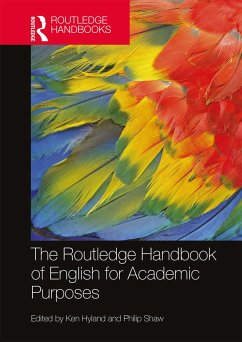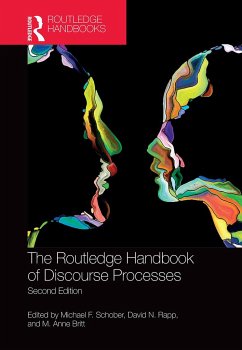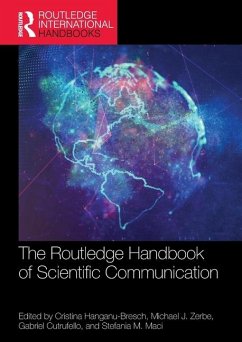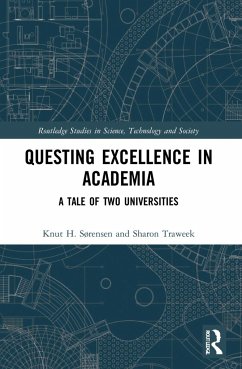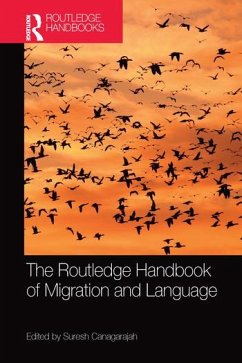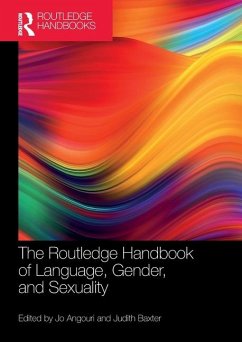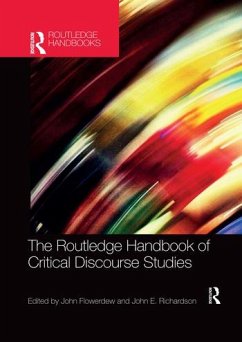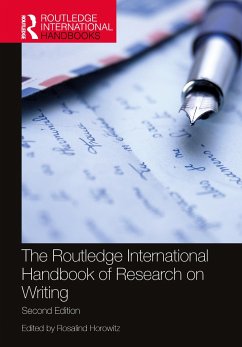
The Routledge Handbook of Language and Science
Versandkostenfrei!
Versandfertig in 6-10 Tagen
48,99 €
inkl. MwSt.
Weitere Ausgaben:

PAYBACK Punkte
24 °P sammeln!
The Routledge Handbook of Language and Science provides a state-of-the-art volume on the language of scientific processes and communications. This book offers comprehensive coverage of socio-cultural approaches to science, as well as analysing new theoretical developments and incorporating discussions about future directions within the field. Featuring original contributions from an international range of renowned scholars, as well as academics at the forefront of innovative research, this handbook:identifies common objects of inquiry across the areas of rhetoric, sociolinguistics, communicati...
The Routledge Handbook of Language and Science provides a state-of-the-art volume on the language of scientific processes and communications. This book offers comprehensive coverage of socio-cultural approaches to science, as well as analysing new theoretical developments and incorporating discussions about future directions within the field. Featuring original contributions from an international range of renowned scholars, as well as academics at the forefront of innovative research, this handbook:
identifies common objects of inquiry across the areas of rhetoric, sociolinguistics, communication studies, science and technology studies, and public understanding of science;
covers the four key themes of power, pedagogy, public engagement, and materiality in relation to the study of scientific language and its development;
uses qualitative and quantitative approaches to demonstrate how humanities and social science scholars can go about studying science;
details the meaning and purpose of socio-cultural approaches to science, including the impact of new media technologies;
analyses the history of the field and how it positions itself in relation to other areas of study.
Ushering the study of language and science toward a more interdisciplinary, diverse, communal and ecological future, The Routledge Handbook of Language and Science is an essential reference for anyone with an interest in this area.
identifies common objects of inquiry across the areas of rhetoric, sociolinguistics, communication studies, science and technology studies, and public understanding of science;
covers the four key themes of power, pedagogy, public engagement, and materiality in relation to the study of scientific language and its development;
uses qualitative and quantitative approaches to demonstrate how humanities and social science scholars can go about studying science;
details the meaning and purpose of socio-cultural approaches to science, including the impact of new media technologies;
analyses the history of the field and how it positions itself in relation to other areas of study.
Ushering the study of language and science toward a more interdisciplinary, diverse, communal and ecological future, The Routledge Handbook of Language and Science is an essential reference for anyone with an interest in this area.




